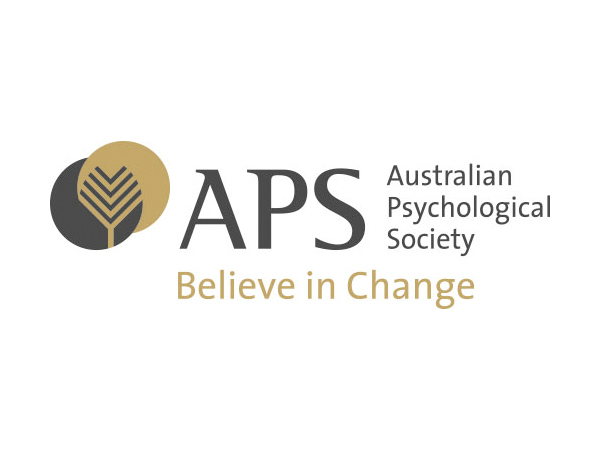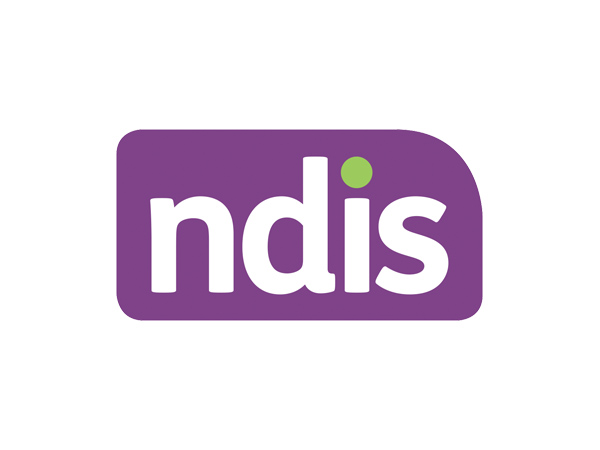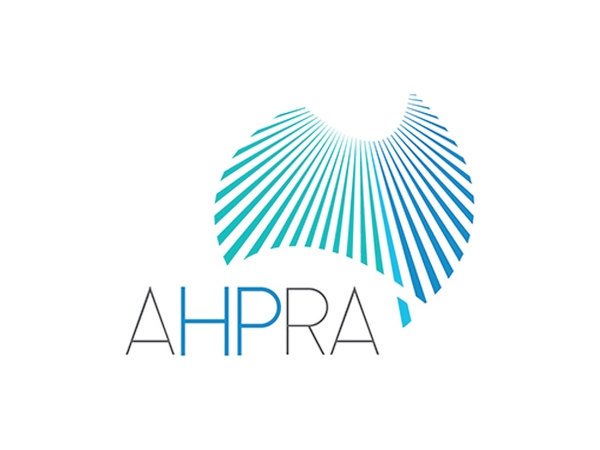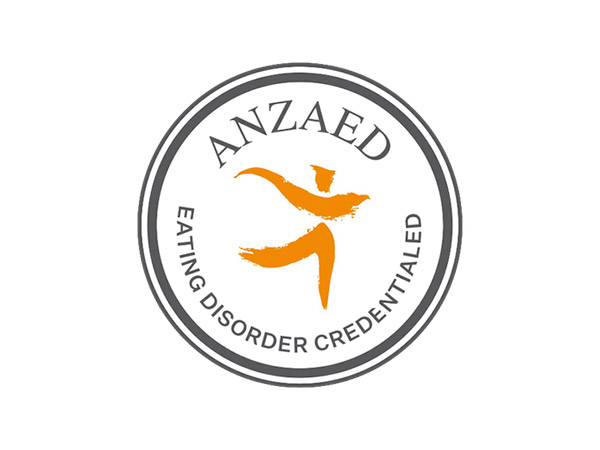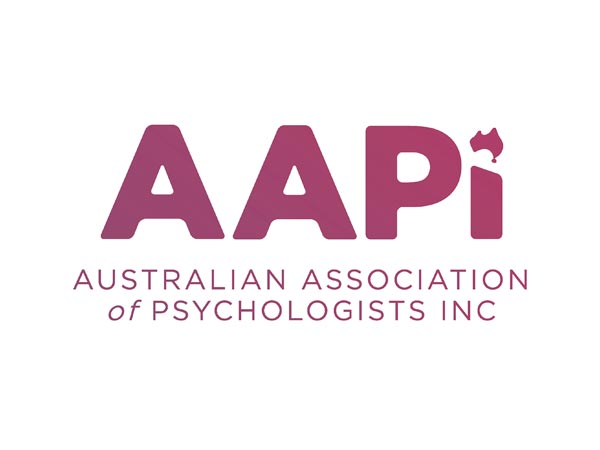Anxiety is the body’s physical response to fear or stressful situations.
It typically occurs in new, unfamiliar or challenging situations, where the person might not feel up to the task, or where the outcome is uncertain.
Anxiety can be caused by a number of things that present as risk factors contributing to the development of an anxiety condition. Such factors include a genetic predisposition, chronic health conditions, stress and lifestyle conditions, substance abuse and mental health conditions to name a few.
For people with anxiety disorders however, anxious thoughts, feelings, or physical symptoms can be severe, upsetting, frequent, and interrupt daily life.
Everyone has different experiences in what might provoke the onset of anxiety or a panic attack, which is why it is important to recognise your individual signs and symptoms and seek professional help.
There are several types of disorders that we provide treatment for including Generalised anxiety disorder (GAD), Specific phobia, panic disorder, agoraphobia, obsessive-compulsive disorder (OCD), social anxiety disorder.
Common Symptoms
- difficulty concentrating
- restlessness
- rapid heartbeat
- trembling or shaking
- feeling light-headed or faint
- numbness or nausea
- sweating
- avoidance
Psychological Treatment
Cognitive Behavioural Therapy (CBT) is an evidence-based form of therapy that focuses on changing unhelpful thoughts and behaviours that can contribute to anxiety. Cognitive Behavioural Therapy aims to build manage skills for when it arises. Cognitive Behavioural Therapy includes some of the following strategies:
Cognitive restructuring: a technique used to help a person to challenge negative thoughts and develop more helpful and constructive ways of thinking.
Problem-solving: a technique used to help a person work through day-to-day problems. Problem-solving has been shown to help people feel more confident tackling life’s challenges, and to decrease general anxiety. Our technique involves identifying the problem, developing a range of potential solutions, selecting one to test out, implementing the solution and evaluating its helpfulness.
Relaxation: a range of techniques such as meditation or progressive muscle relaxation which, when practised regularly, have been found to effectively reduce anxiety.
Exposure therapy: a treatment in which guides the person through a series of real or imaginary scenarios to confront specific fears. Through this gradual process, the person learns to cope more effectively with these fears, and with practice, the anxious response naturally decreases.
Our Psychologists are here to help and provide treatment for children and adults in Milperra.
Contact Us For Help
For more information on anxiety therapy or to make an appointment, contact RWPsychology by phone on 02 7907 3964 or request a booking online.


